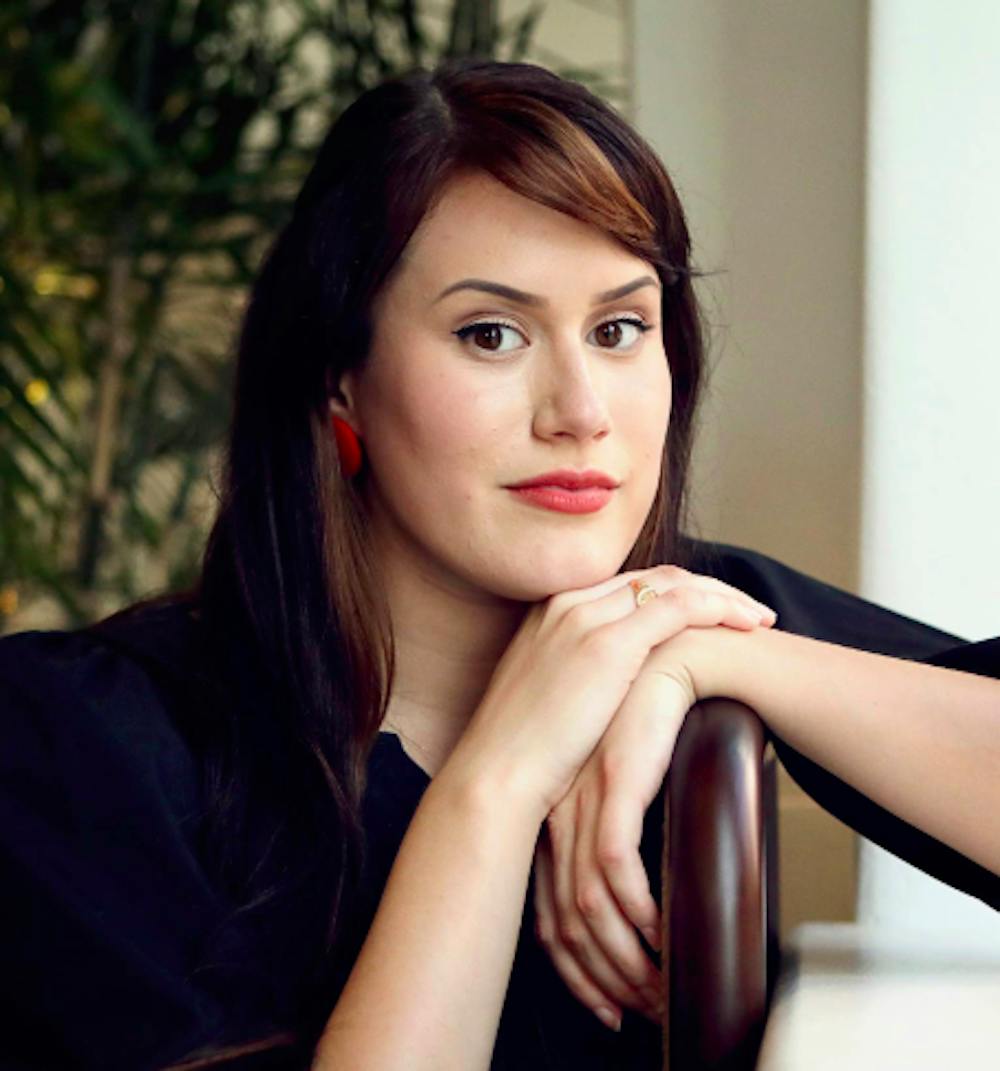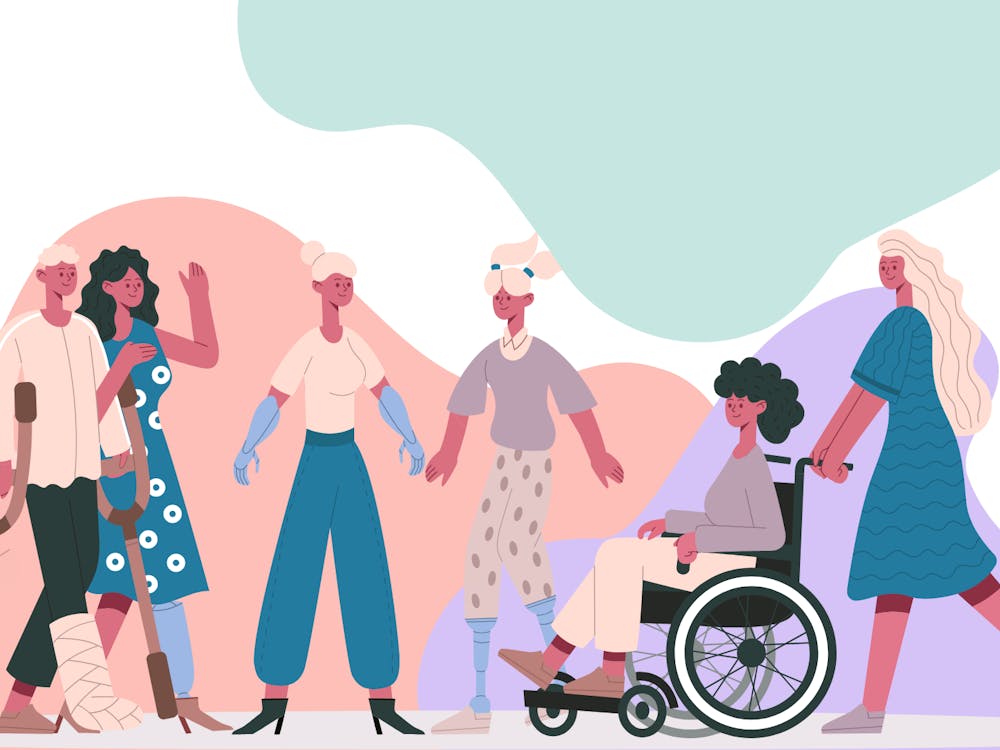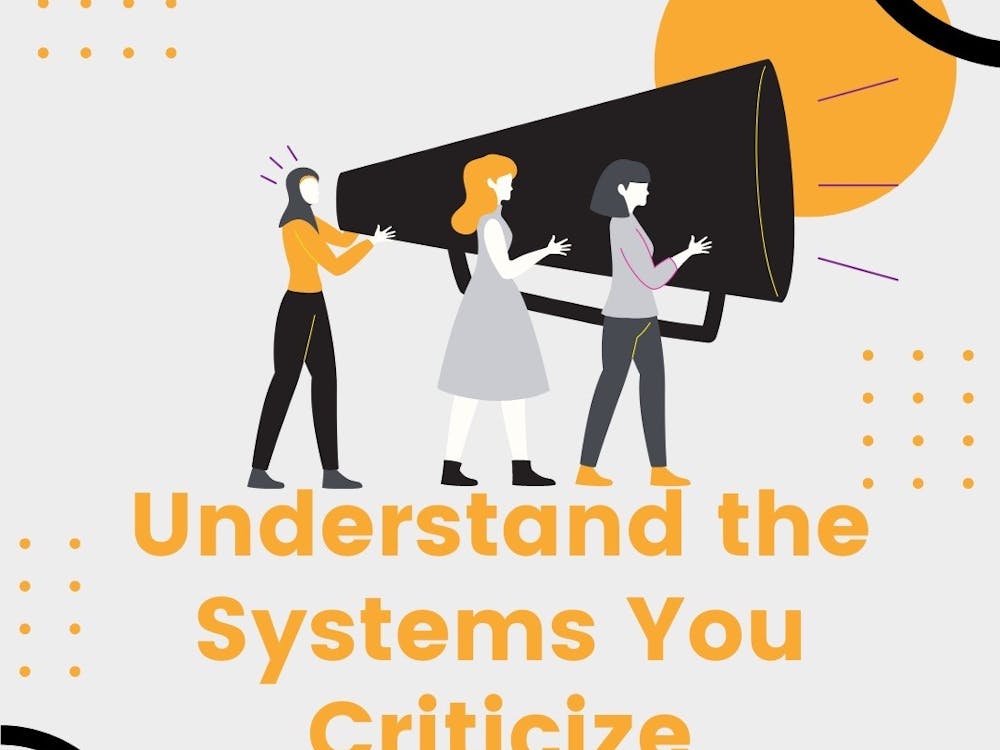We address systems of inequity incorrectly. We tackle social structures like racism and sexism as if they are not intersectional, deeply complex issues but instead independent structures with obvious solutions. Attempts to solve such obstacles may be made in vain so long as classism is misunderstood as a category of systematic oppression of equal weight alongside others rather than the root cause of all.
Capitalism perpetuates classism, which in turn perpetuates racism and other socioeconomic disparities. Conserving class divisions is beneficial to the white elites who have set the rules of the game, yet they have sold working-class Americans on the myth that class divisions are not real, that "anyone" can advance to become economic elites within our system of free market capitalism.
This is not inherently a communist or socialist idea. Elites within communist and socialist societies have historically perpetuated and solidified racism, sexism and anti-Semitism within the countries they’ve dominated.
In the Eurocentric texts of the “Communist Manifesto,” “On the Jewish Question” and “Das Kapital,” Karl Marx and Friedrich Engels allude to genocide and include vile racist remarks throughout. Marx and Engels are not geniuses. Nonetheless, the value of their critique of class divisions within society can still be acknowledged as useful in guiding the dismantling of unfair economic systems.
While we can pull concepts from communism and socialism to create a theoretically beautiful society, the goal of this opinion is not to eliminate the social classes. We can instead recognize the power of classism acting as fuel for injustice and unfair practices while working towards changing economic structures to lessen the division between economic classes.
Unfortunately, the white working class fails to recognize its true allies. As long as the white working class feels they can most relate to the white upper class, we will be unable to adequately understand these issues on a large scale and subsequently develop policies to solve them.
White low-income communities look toward white elites for allyship, advocacy and help to fix the unjust systems they perceive are responsible for their socioeconomic circumstances. They believe these elites are on their side fighting for similar goals. What they do not understand is that the only friend of white elites is other white elites.
The white upper-class works to maintain its wealth and powerful social status, misleading and misinforming the lower class that they are admirable representatives of the people they exploit daily within both the public and private sectors. We saw this dynamic play out during the 2016 presidential election.
This being said, the values and intentions of members of the white elite may vary and some may dedicate energy to the social good — no doubt. Excluding compassionate, respectable white elites will only hurt this cause as all help is needed. While they may be part of the system that perpetuates inequality, this is not necessarily about them.
Rather, this is about the white elites that intentionally and strategically convince the white lower class that the true enemy is the other: low-income POCs, immigrants or any other group facing similar class struggles. The "other" is not the problem. They are the true allies.
Systemic socioeconomic inequities are caused by toxic classism, which intensifies the high cost of being poor. Unifying, unionizing and identifying core commonalities between the lower and middle classes rather than focusing on the differences will help dissolve the dangerous influence of the upper-class elites working to maintain the status quo. These are the true transgressors of the common good. Powerful leaders who pull the political, industrial and social strings should be the focus of our shared frustration, not other communities facing similar barriers to health and happiness.
Lia de Queiroz is a senior at the University of Portland. She can be reached at dequeiro23@up.edu.
Have something to say about this? We’re dedicated to publishing a wide variety of viewpoints, and we’d like to hear from you. Voice your opinion in The Beacon.








